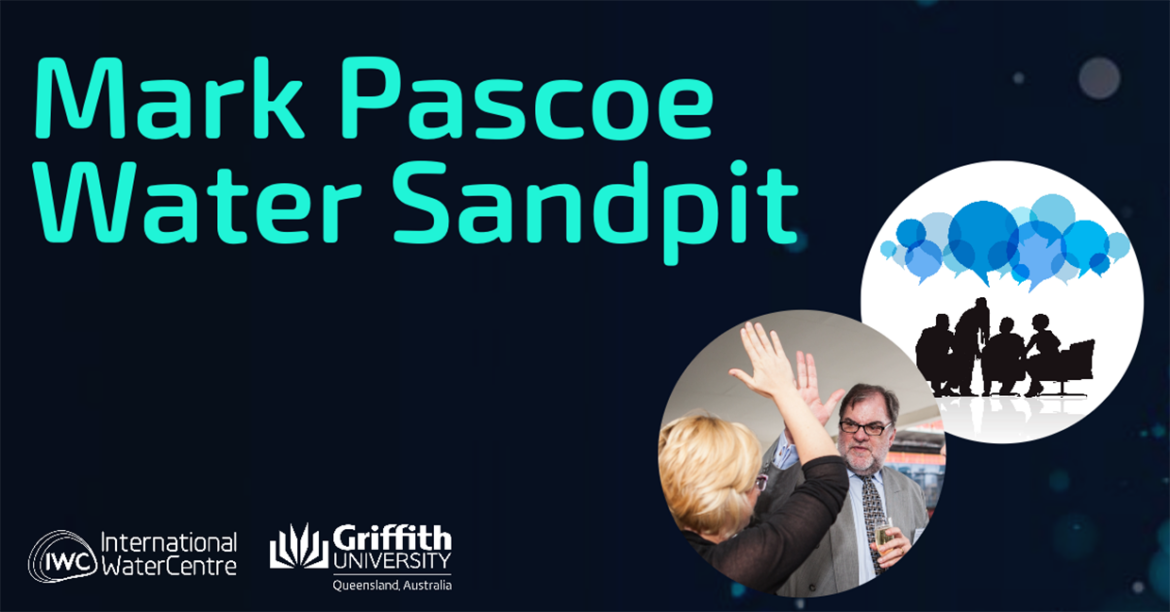
- Research project
- – Western Pacific
Our award-winning range of postgraduate education programs, online courses, short courses, executive professional development courses, and custom courses for organisations use innovative, problem-based and experiential educational approaches, to build the capacity of future water leaders.
Our organisational partnerships are highly collaborative and our solutions are designed to provide practically-focused input while building the institutional capacity of the partner organisation.
We lead whole-of-water cycle, transdisciplinary and collaborative research activities, which address current and emerging water issues to influence water management and policy, education and leadership.
We host or are involved in a number of events and conferences each year. We also host and lead events for the Queensland Water Modelling Network.
Thank you for your enquiry. We will be in touch within the next 3 business days.
Processing
Thank you for your enquiry. We will be in touch within the next 3 business days.
Processing
You have been successfully signed up to the newsletter.
Processing
